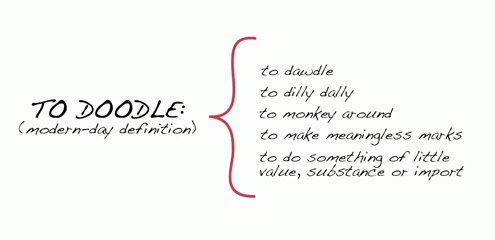 I’m hoping everyone “pauses” long enough to read this piece… Because, on the surface, this story is about “pauses” in our life. Or is it really about the importance of context?
I’m hoping everyone “pauses” long enough to read this piece… Because, on the surface, this story is about “pauses” in our life. Or is it really about the importance of context?
It may be about both. Either way, as leaders, it is worth considering, as we rush through our lives, our product rollouts and our strategies, just how often we miss opportunities and insights because they showed up in unexpected places.
In a Washington, DC, Metro Station, on a cold January morning in 2007, a man with a violin played six classical compositions for about 45 minutes. During that time, approximately 2,000 people went through the station, most of them on their way to work.
After about three minutes, a middle-aged man noticed there was a musician playing. He slowed his pace and stopped for a few seconds, and then he hurried on to meet his schedule.
About four minutes later: The violinist received his first dollar. A woman threw money in the hat and, without stopping, continued to walk. At six minutes: A young man leaned against the wall to listen to him, then looked at his watch and started to walk again.
At 10 minutes: A three-year old boy stopped, but his mother tugged him along hurriedly. The kid stopped to look at the violinist again, but the mother pushed hard and the child continued to walk, turning his head the whole time. This action was repeated by several other children, but every parent – without exception – forced their children to move on quickly.
The musician played continuously for almost 45 minutes. Only six more people stopped and listened for a short while. All told, about 20 individuals gave money, but most continued to walk at their normal pace. The musician collected a total of $32.
After the man finished playing, silence took over. No one noticed and no one applauded. There was no recognition at all.
No one knew this, but the violinist was Joshua Bell, one of the greatest musicians in the world. During his “concert,” he played one of the most intricate pieces ever written, with a violin worth $3.5 million dollars. Two days before, Joshua Bell had played to a sold-out theater in Boston where the seats averaged $100 each to sit and listen to him play the same music.
This is a true story. Joshua Bell’s incognito performance in the Metro Station was organized by the Washington Post as part of a social experiment about perception, taste and people’s priorities.
This experiment raised several questions:
- In a commonplace environment, at an inappropriate hour, do we perceive beauty?
- If so, do we stop to appreciate it?
- Can we recognize talent in an unexpected context?
Click here for the full article, Pearls Before Breakfast.
Elisa K. Spain
 After precipitous declines during the prior two quarters, CEO confidence bounced back at year’s end with the largest quarterly gain since the start of the recovery in 2009. The Vistage CEO Confidence Index was 98.8 in the 4th quarter 2011 survey, up from 83.5 in the 3rd quarter, and reaching the highest level since 105.2 was recorded at the start of 2011. The Q4 2011 Vistage CEO Confidence Index reflects responses from 1,641 US CEOs, surveyed between December 12 and December 22, 2011.
After precipitous declines during the prior two quarters, CEO confidence bounced back at year’s end with the largest quarterly gain since the start of the recovery in 2009. The Vistage CEO Confidence Index was 98.8 in the 4th quarter 2011 survey, up from 83.5 in the 3rd quarter, and reaching the highest level since 105.2 was recorded at the start of 2011. The Q4 2011 Vistage CEO Confidence Index reflects responses from 1,641 US CEOs, surveyed between December 12 and December 22, 2011.


















 The initial results of my Pivot are excellent. I feel I have much greater clarity regarding the next 3-5 years..
The initial results of my Pivot are excellent. I feel I have much greater clarity regarding the next 3-5 years.. 